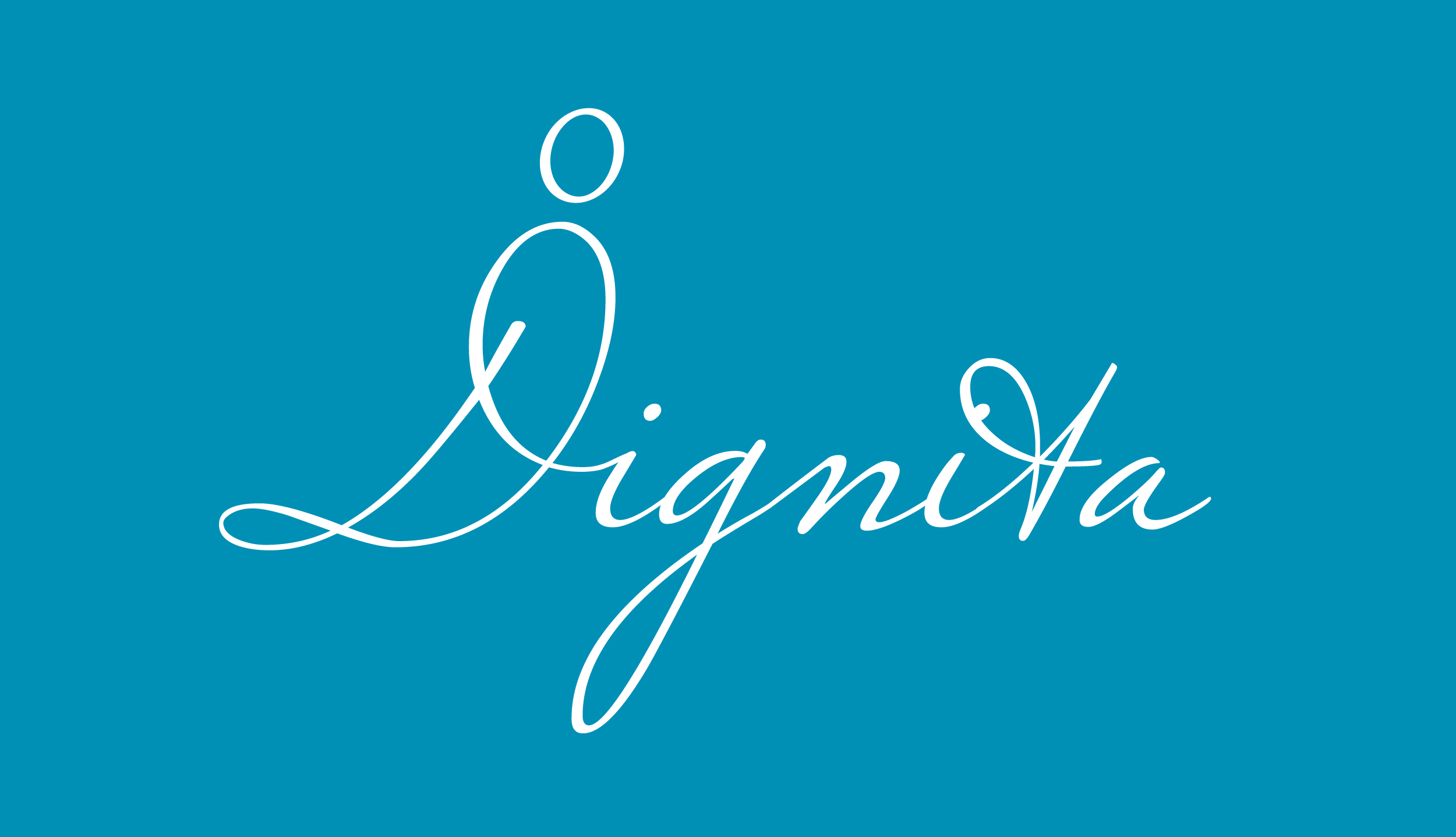The applicant D.K. was legally assisted by the Dignita Foundation to bring a case before the European Court of Human Rights (ECHR), claiming compensation for the lack of domestic remedies against human trafficking. In Bulgaria, her claim for compensation for pecuniary damage was rejected on the grounds that the income from paid sexual services was "immoral" and that she had no legal basis to acquire it.
D.K. lives in a small town in north-western Bulgaria with her mother and father. She worked as a seamstress for some time, but later found herself unemployed. The woman suffers from bipolar disorder. D.K. met a man from another village and moved in to live with him. He provided her with food, shelter, pocket money, bought her clothes and paid for the supplies in the house. In order to financially support both of them, the man convinces D.K. to start offering paid sexual services on the Sofia Ring Road. He collects and disposes of all the money that customers pay. He also kept D.K's ID card. In cases where D.K. would express a desire to stop with this type of work, the man threatens her that he will make it known to everyone in her village what she is doing for living. In February 2013, D.K. decides to run away and informs patrolling police officers that she is a victim of crime.
In the course of the criminal proceedings, D.K. claims BGN 8,000 in compensation for non-pecuniary damage due to the post-traumatic disorder she suffers – a result from the trafficking she was subjected to and managed to escape from. D.K. also claims BGN 22,500 in compensation for property damages, which represent her income, taken away by the trafficker during D.K’s exploitation, which lasted 9 months, and with which he got unjustly enriched. In 2017, the Bulgarian court finally sentenced the man for human trafficking for the purpose of lewd activities (sexual exploitation) to 3 years in prison (conditional sentence), a fine of BGN 4,000, mandatory registration as unemployed at a labour office, and obliged him to pay the requested compensation of BGN 8,000 for moral damages.
However, the claim for compensation for pecuniary damage was rejected by both instances hearing the case, which referred to Art. 329, para. 2 of the Criminal Code, which reads:
"An adult able-bodied person who does not engage in community service for a long time, receiving non-labour income in an illegal or immoral manner, shall be punished...".After exhausting the possibilities for appeal at the national level, D.K. filed a complaint with the ECHR, objecting that the legal framework in Bulgaria, combined with case law, does not permit for her to obtain compensation for all the damages from the crime of trafficking in human beings. In 2021, the complaint was communicated to the Bulgarian Government for a response. The Government stated a position that, in principle, victims of trafficking in human beings for a given purpose (forced subjugation, organ harvesting, begging, etc.) are entitled to compensation for all damages from the crime, including material ones, but not when the purpose of the trafficking is for sexual exploitation.
At the end of 2021, with the help of Dignita Foundation, the complainant presented to the ECHR her final position on the Government's response and on the merits of the complaint. She maintains that the Penal Code allows victims of human trafficking to seek compensation for pecuniary and non-pecuniary damage through a civil action. In D.K.’s case, however, instead of the court determining the amount of compensation after finding the perpetrator guilty, it did not recognise such right for her. The applicant argued that the provision of Art. 329, para. 2 of the Penal Code is from 1968, it has become obsolete and has lost its significance in modern society. This is supported by the fact that in recent times a law has been adopted in Bulgaria, which taxes the escort service (the Law on Local Taxes and Fees). Also, the criminalisation of the services provided by the victims of trafficking through Art. 329, para. 2 of the Penal Code contradicts the basic principle in the legal protection of these individuals - the clause of impunity: "The act committed by a person who has suffered from trafficking in human beings when he was forced to commit it in direct connection with this quality has not been committed in guilt" (Article 16a of the Penal Code). In addition, the Law on Assistance and Financial Compensation to Victims of Crime provides for the State to compensate victims of trafficking for "lost income" and "other property damages".
In the case of D.K. GRETA took part before the ECHR as a third interested party. GRETA presented an opinion listing the norms of international and European law, which contains grounds for claiming property damages from human trafficking. GRETA also presented examples from the case law of other European countries, which award compensation for wages and income taken by traffickers, who have unjustifiably enriched themselves through the sexual exploitation of third parties. The outcome of the ECHR case is extremely important for victims of trafficking for sexual exploitation. Through the application of Art. 329 of the Penal Code, the State treats victims of sexual exploitation as accused, or responsible for problems related to the lack of a clear status regarding prostitution, and not as victims of crime. Traffickers often keep victims in submission, suggesting that the State and its institutions are not on their side. Such case law helps them to solidify this position and to make their threats to victims even more effective. This leads to victims' distrust in the State and the judiciary and demotivates their participation in court proceedings, while reinforcing dependence on traffickers. Moreover, the income generated by their exploitation is not reimbursed through claims for damages, but is considered to be confiscated in favour of the State. This reinforces the victims' sense of injustice. Even when there are no data on trafficking and exploitation, the prosecution of prostitutes in some settlements contributes to their marginalization and makes it impossible for them to integrate into society, as well as it negatively impacts their chances for alternative work in the future. For those who want to give up prostitution, a criminal record indicating that a person has been convicted affects significantly and negatively their job searching and applications. Therefore, a positive decision of the ECHR on the appeal of D.K. would direct the Government to review the compliance of Art. 329 of the Penal Code with the Convention on Human Rights. Such a repeal of an obsolete regulation that came into force in 1968 would benefit both victims of trafficking for sexual exploitation, as well as another highly vulnerable to human trafficking group - independent sex workers who are subject to social exclusion and marginalization.
More details on the case are available on the ECHR's official website here: https://hudoc.echr.coe.int/eng?i=001-210388. The applicant is represented by lawyer Natasha Dobreva. Legal aid is provided under a project funded by the Bulgarian Women's Fund.



